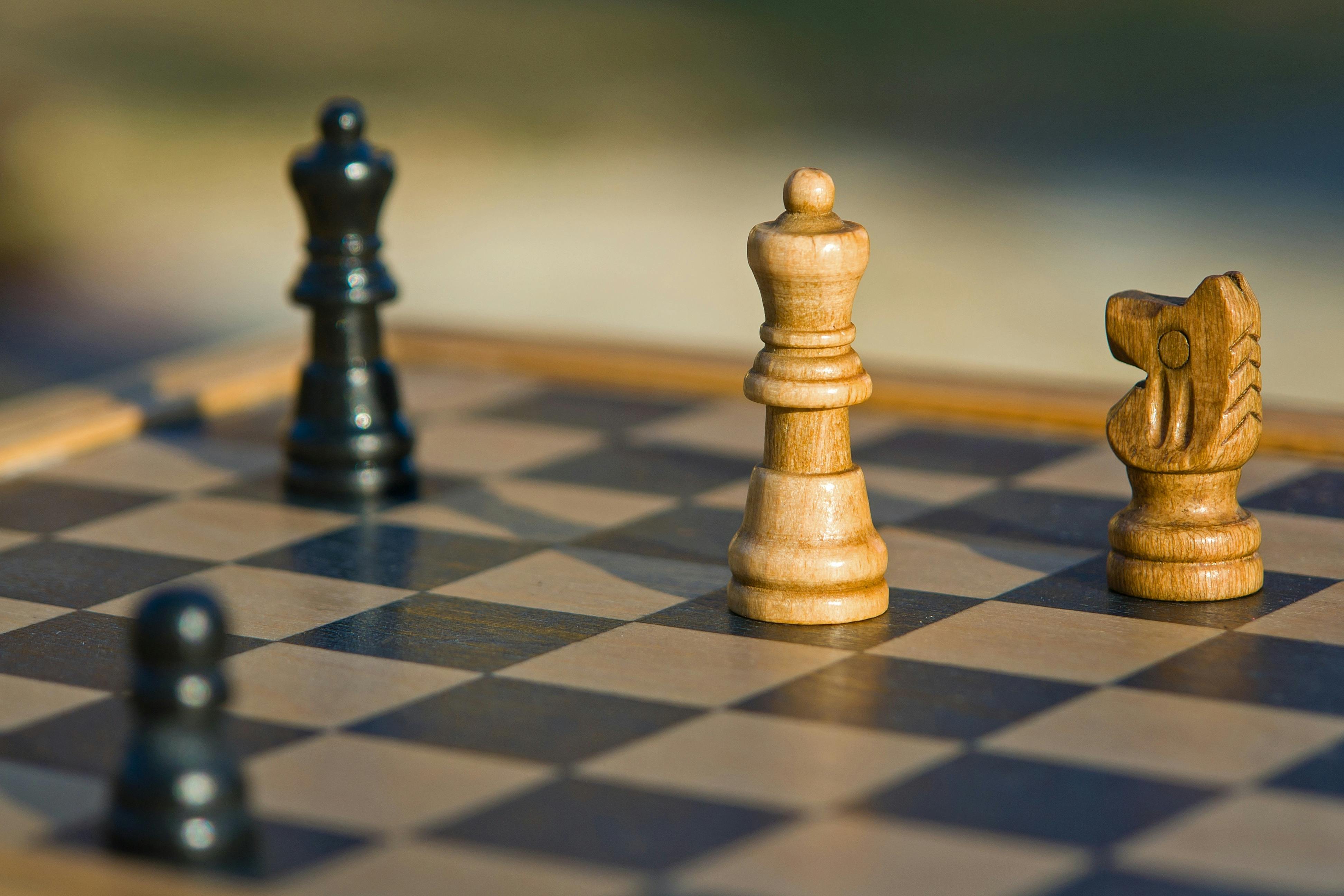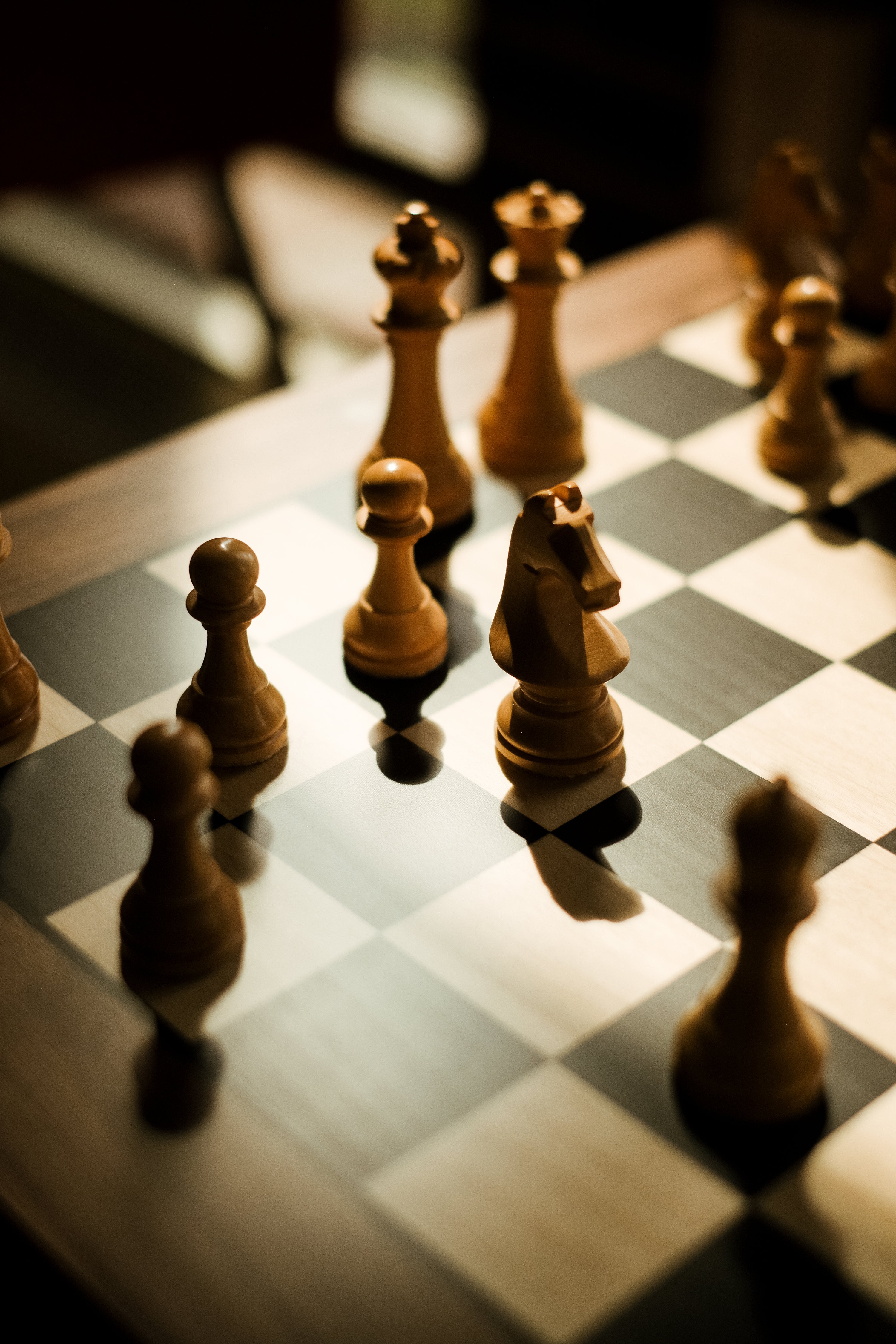All Regarding Chess: Discover the Interesting Background and Techniques Behind the Game
Chess, with its beginnings dating back to 6th century India, has actually changed substantially over the centuries. This game has actually astounded minds worldwide, showcasing the luster of epic gamers like Garry Kasparov and Bobby Fischer. Understanding the complexities of chess, from the motions of each item to necessary approaches, discloses its depth. Yet, the inquiry remains: what drives the enduring fascination with this ancient game? Exploring its background and strategies may uncover deeper insights.
The Beginnings of Chess: A Journey Through Time
Although the precise origins of chess remain unclear, historical proof recommends that the game advanced from earlier techniques played in India around the 6th century. Understood as Chaturanga, this early kind of chess featured pieces representing infantry, cavalry, elephants, and chariots, mirroring the armed forces strategies of the time. As Chaturanga spread out through trade routes, it adjusted to various cultures, resulting in the creation of Shatranj in Persia. This variant presented new guidelines and item motions, laying the structure for modern chess.
Chess Prodigies: Notable Numbers in the Game's History
Throughout chess history, impressive prodigies have arised, shaping the game's landscape and motivating future generations. From famous champions who controlled the boards in their time to modern-day skills redefining the limits of youth and ability, these gamers have made enduring marks on the sporting activity. Their stories highlight not just specific radiance but additionally the advancing nature of chess as an affordable undertaking.
Famous Chess Champions
Chess has been shaped by the luster of countless epic champions whose payments have left an enduring mark on the game. Numbers like Garry Kasparov, known for his vibrant design and unequaled strategic deepness, controlled the chess globe during the late 20th century. Anatoly Karpov, his rival, showcased phenomenal positional understanding and psychological prowess, securing numerous world titles. Bobby Fischer, an American natural born player, reinvented chess with his unparalleled ability and intense emphasis, culminating in his 1972 World Championship victory. Furthermore, José Raúl Capablanca's natural capacity and endgame mastery set brand-new standards in the very early 20th century. These champions not only mastered competitors yet additionally motivated generations, forming chess into an international sensation commemorated for its intellectual rigor and virtuosity.
Modern-Day Prodigies
What makes a chess prodigy truly remarkable? The ability to comprehend complex strategies at a tremendously young age establishes them apart. Contemporary chess prodigies like Magnus Carlsen, Fabiano Caruana, and Alireza Firouzja have actually captivated target markets with their phenomenal skill. Carlsen, ending up being a Grandmaster at simply 13, redefined expectations and rose to Globe Champion standing. Caruana, recognized for his deep prep work and tactical expertise, has regularly challenged the elite. Firouzja, birthed in 2003, represents the new generation, integrating imagination with ruthless aspiration. These players exemplify a mix of inherent skill, strenuous training, and mental stamina, affecting the game's advancement. Their contributions ensure that chess stays a dynamic and dynamic discipline, motivating future generations of players worldwide.
Understanding the Chessboard: Pieces and Their Movements
The chessboard functions as the combat zone where facility approaches unravel, including a distinct collection of pieces, each with distinct motions and roles. Consisting of 64 squares prepared in an 8x8 grid, it is home to the king, queen, rooks, knights, bishops, and pawns. The king, the most essential piece, relocates one square in any direction, while the queen, one of the most effective, can traverse any number of squares up and down, horizontally, or diagonally. Rooks relocate straight lines, whereas diocesans slide diagonally throughout the board. Knights have a distinct L-shaped movement, leaping over various other pieces. Pawns progress one square however capture diagonally, with the choice to relocate 2 squares forward on their preliminary action. Each piece's activity contributes to the elaborate dance of technique and methods, making the chessboard a vibrant phase for intellectual combat. Comprehending these activities is fundamental for gamers intending to navigate the intricacies of the game.

Necessary Approaches for Beginners: Tips to Enhance Your Game
Grasping the activities of chess pieces lays the groundwork for establishing reliable methods. For novices, concentrating on managing the center of the board is crucial. This permits for better movement and influence over the game. Creating pieces early, rather than relocating the exact same piece multiple times, can help establish a strong position.
Furthermore, gamers should focus on king security by castling early, guaranteeing the king is stashed from dangers. Acknowledging tactical chances, such as forks, pins, and skewers, can supply benefits in material gain. It is additionally important to plan ahead; preparing for an opponent's actions promotes better defensive and offensive play.
Maintaining a balanced method in between hostile and defensive methods can prevent unnecessary blunders. By executing these basic methods, beginners can enhance their gameplay and build a strong structure for future renovation in chess.
Advanced Techniques: Boosting Your Chess Skills
In the domain of chess, understanding sophisticated techniques can substantially improve a player's capability. Recognizing tactical patterns, understanding endgame techniques, and comprehending opening up concepts are important components that raise one's game. These parts not just boost general performance however likewise foster deeper strategic reasoning.

Tactical Patterns Acknowledgment
Recognizing tactical patterns is necessary for raising chess skills to a higher degree. Gamers that master these patterns can identify possibilities for tactical maneuvers, boosting their opportunities of success. Common patterns consist of forks, pins, skewers, and found assaults, each offering strategic advantages when executed efficiently. Understanding these motifs permits gamers to anticipate their opponent's relocations and counter them efficiently. In addition, researching timeless games can reveal how masters used tactical patterns to secure victories. Normal method over at this website and evaluation of one's very own video games can additionally reinforce pattern acknowledgment, making it possible for gamers to respond swiftly and properly during suits. Ultimately, developing this ability changes the strategy to chess, bridging see this the void in between amateur and innovative play.
Endgame Methods Mastery
Efficient endgame strategies can considerably affect the end result of a chess suit, often figuring out the difference in between a win and a draw. Advanced gamers understand the value of piece coordination and the utilization of pawns in the endgame. Trick techniques include promoting pawns to queens and developing passed pawns that can advance unblocked. Identifying important settings, such as the opposition and zugzwang, is important for achieving helpful arrangements. Mastery of endgame techniques, such as king and pawn versus king scenarios, can turn prospective losses into attracts or wins. Gamers ought to additionally focus on streamlining the position when ahead, exchanging items to transform material advantages right into victory. Constant technique and evaluation of endgame positions will certainly boost a gamer's overall chess abilities greatly.
Opening Up Concepts Understanding
Mastering endgame techniques lays a solid foundation for recognizing opening up principles. In chess, the opening phase is important as it sets the phase for the center game. Chess. Players must prioritize control of the center, creating pieces successfully, and making certain king security. Effective openings usually include relocating pawns to establish central prominence while working with More Info minor and major pieces for peak activity. The principles emphasize not relocating the same item multiple times without necessity and avoiding early queen advancement, which can lead to vulnerability. By sticking to these foundational techniques, players can develop a strong framework that enhances their tactical opportunities later in the game. Understanding these opening concepts is vital for boosting one's chess skills and achieving success

The Social Impact of Chess: Why It Issues Today
Chess, a video game with origins tracing back over a millennium, remains to apply a profound cultural impact around the world. It transcends plain amusement, functioning as a tool for education, crucial thinking, and social communication. Many educational establishments incorporate chess right into their educational programs, advertising cognitive advancement and tactical reasoning amongst pupils. The game additionally promotes inclusivity, uniting diverse areas and encouraging intergenerational connections.
Moreover, chess has permeated preferred society, motivating literature, films, and even style. Renowned numbers like Bobby Fischer and Garry Kasparov have actually come to be social icons, showing the game's capacity for individual and nationwide satisfaction. In the electronic age, online systems have additionally democratized access to chess, enabling millions to involve with the game. As society deals with complicated obstacles, chess continues to be appropriate, providing lessons in patience, foresight, and durability, consequently reinforcing its importance in modern-day society and everyday life.
Often Asked Questions
Exactly How Has Chess Influenced Pop Culture and Media?
Chess has actually substantially affected pop culture and media, appearing in movies, literature, and art. It symbolizes intellect and strategy, inspiring stories and characters while promoting styles of problem, competitors, and the human experience.
What Are the Advantages of Playing Chess for Mental Health And Wellness?

Are There Different Chess Variants Played Around the World?
Yes, numerous chess variations are played internationally, including Bughouse, Chess960, and Three-check chess. Each variant introduces distinct rules and approaches, supplying gamers with diverse experiences and obstacles that differ from standard chess.
How Do Chess Engines and AI Influence Modern Chess?
Chess engines and AI greatly improve modern-day chess by supplying innovative analysis, improving gamer abilities, and affecting techniques. They work as training tools and competition aids, transforming exactly how gamers approach the game whatsoever levels.
What Are Usual Misunderstandings Concerning Chess Athletes?
Common mistaken beliefs regarding chess players consist of the idea that they are all shy geniuses, only concentrated on strategy. Chess. In truth, gamers vary substantially in character, history, and technique, frequently taking pleasure in social interactions and diverse interests